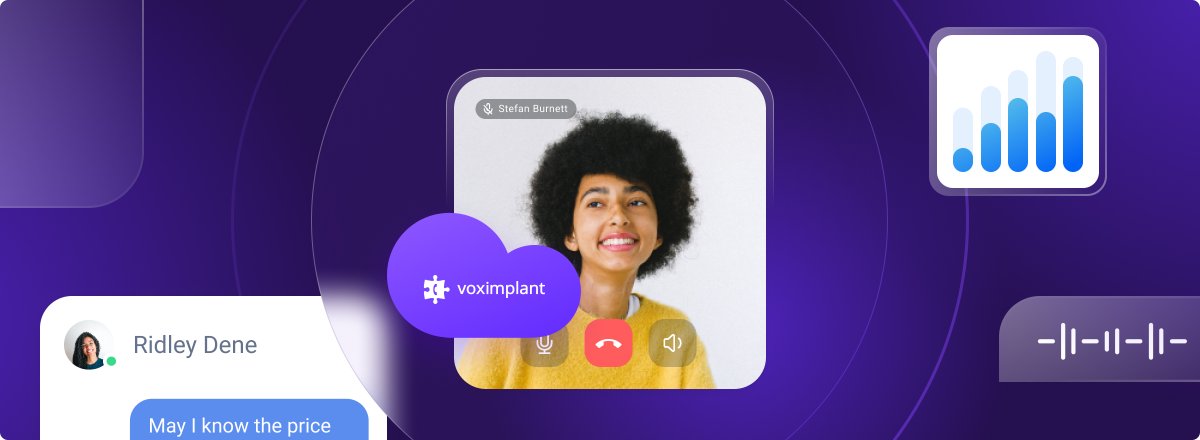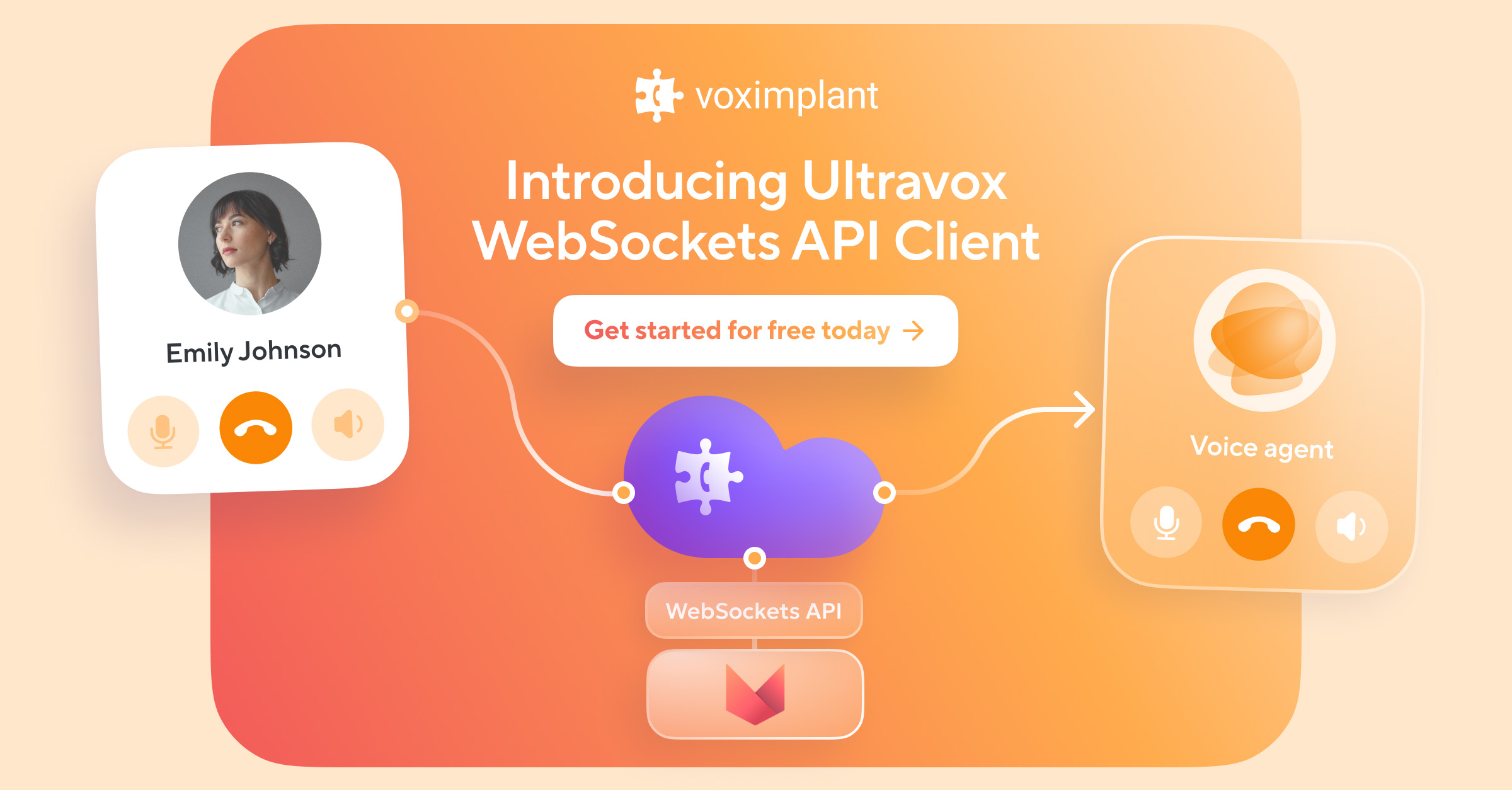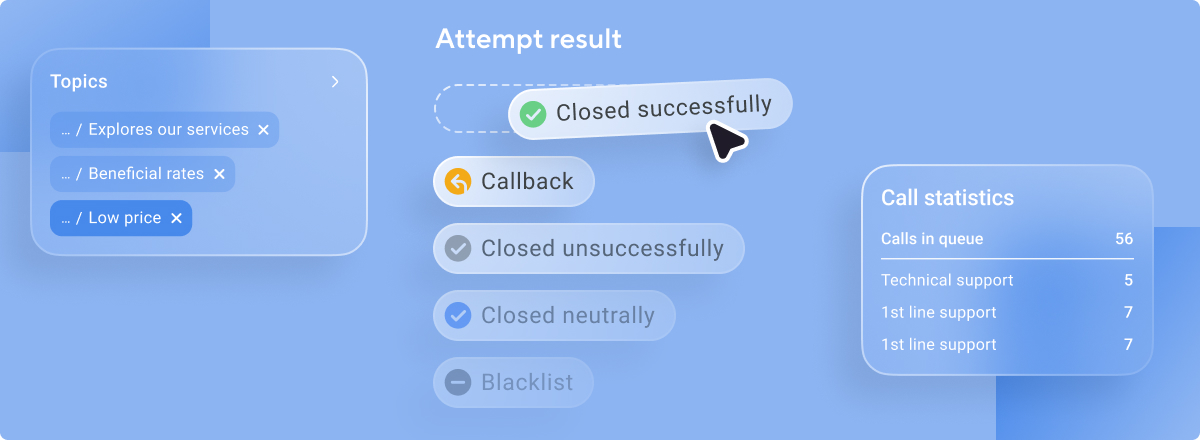In today's digital ecosystem, transactional emails serve as the cornerstone of business-customer communication. These automated messages, triggered by specific user actions, play a crucial role in conveying important information and fostering customer engagement. Whether you're sending welcome emails, order confirmations, password reset instructions, or other critical notifications, having a dependable and efficient email delivery system is paramount.
With a plethora of options available, selecting the ideal transactional email solution can be a daunting task. To simplify your decision-making process, we've conducted an extensive analysis of over 100 email automation tools and curated a list of the top 10 solutions worth considering in 2024.
Understanding Transactional Email Solutions
Before diving into the specifics, it's essential to understand what sets transactional email solutions apart. These platforms offer a range of features designed to ensure reliable delivery, provide detailed analytics, and offer scalability to meet growing business needs. Key considerations when evaluating these solutions include:
- Delivery rates and speed
- Ease of integration and use
- Scalability
- Analytics and reporting capabilities
- Customer support
- Pricing structure
Now, let's explore the top 10 transactional email solutions for 2024:
SendGrid: The Scalability Powerhouse
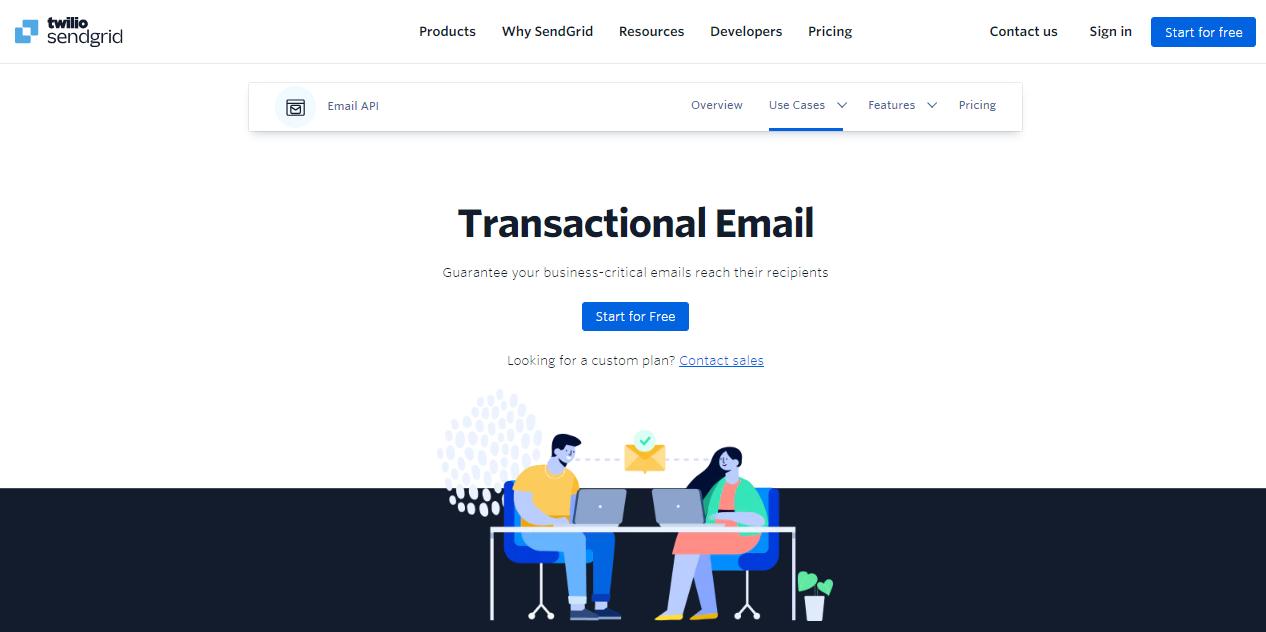
SendGrid has established itself as a leader in the email service provider space, particularly for businesses dealing with large volumes of emails.
Pros:
- Robust email creation tools
- Comprehensive analytics with optional add-ons
- Proven reliability for high-volume senders
- Integrated email marketing features
Cons:
- Premium features come at a higher cost
- Complex onboarding for new users
Ideal for: Large enterprises and high-volume senders requiring advanced features and scalability.
Pricing: Free tier available; API plans range from $0.35 to $0.89 per 1000 emails.
UniOne: User-Friendly and Cost-Effective
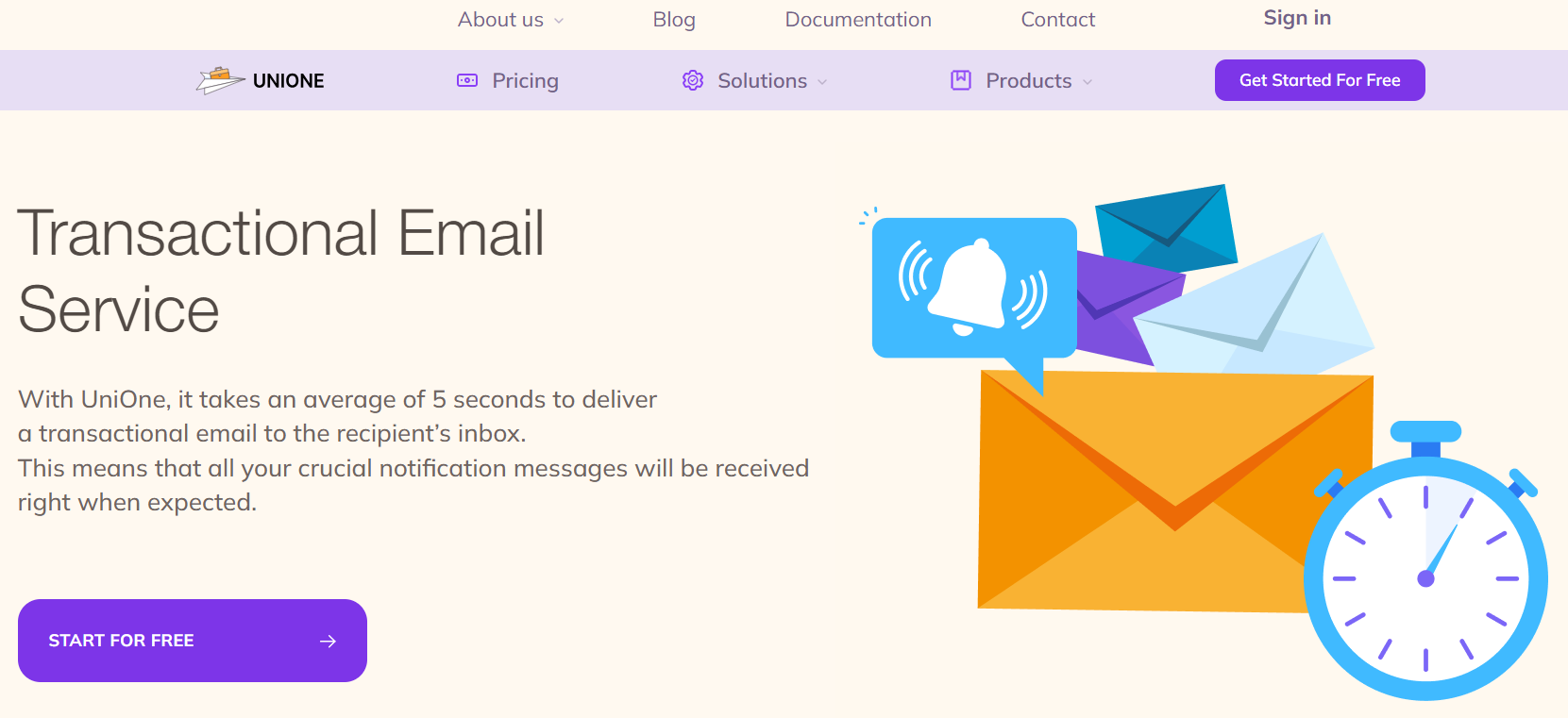
UniOne offers an API-first approach with a focus on user experience, making it an attractive option for businesses of various sizes.
Pros:
- Streamlined onboarding process
- Comprehensive email tracking and reporting
- Round-the-clock customer support
- Competitive pricing with a generous free trial
- White-label options available
Cons:
- Limited integration options compared to some competitors
- Basic feature set lacking some advanced tools
Ideal for: Small to medium-sized businesses seeking an easy-to-use, budget-friendly email delivery solution.
Pricing: Four-month free trial with 6,000 monthly credits; paid plans range from $0.28 to $0.66 per 1000 emails.
Postmark: Deliverability-Focused
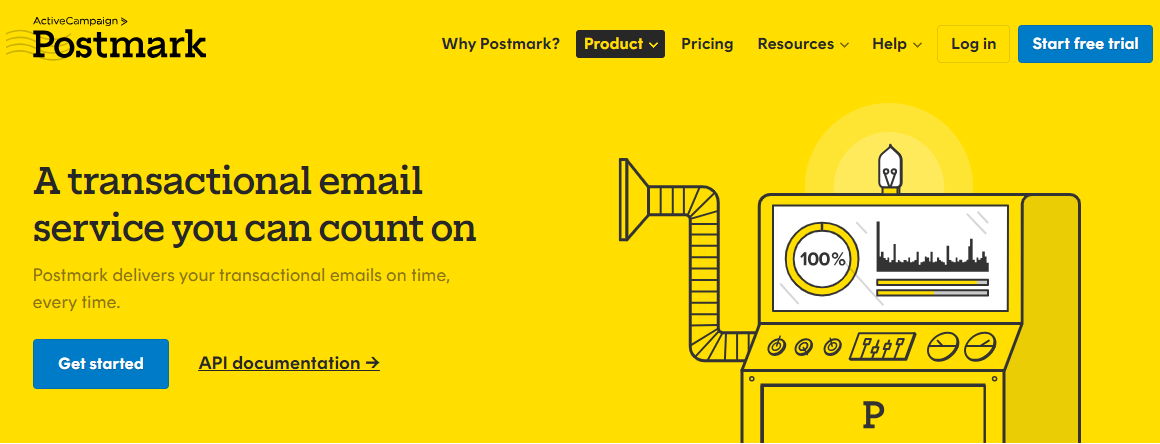
Now part of ActiveCampaign, Postmark emphasizes high-speed delivery through its shared IP pools.
Pros:
- Exceptional email delivery rates
- Ability to categorize different email types
- Comprehensive email management and analytics tools
- Wide array of pre-built software libraries
- Inbound email handling capabilities
Cons:
- Higher pricing compared to some alternatives
- Selective about industries they serve
Ideal for: Enterprises prioritizing deliverability and willing to invest in premium features.
Pricing: 100 free emails per month; paid plans from $0.51 to $1.50 per 1000 emails.
Mailgun: Developer's Choice
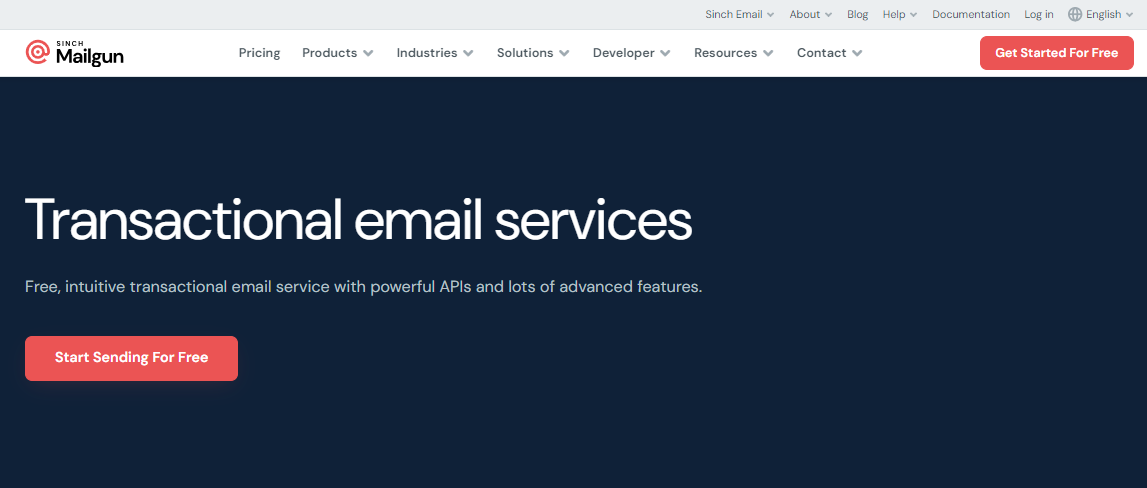
Mailgun caters to the developer community with its API-centric approach and flexible integration options.
Pros:
- Extensive API documentation with multiple language libraries
- Strong deliverability and performance track record
- Detailed logging and analytics
- Expert consulting services for enterprise clients
- Email parsing functionality
Cons:
- Customer support can be difficult to reach
- Higher pricing tiers
Ideal for: Technically proficient teams requiring deep customization options.
Pricing: Up to 2,500,000 free emails for the first month with immediate subscription; standard plans range from $0.50 to $1.50 per 1000 emails.
Elastic Email: Budget-Friendly Option
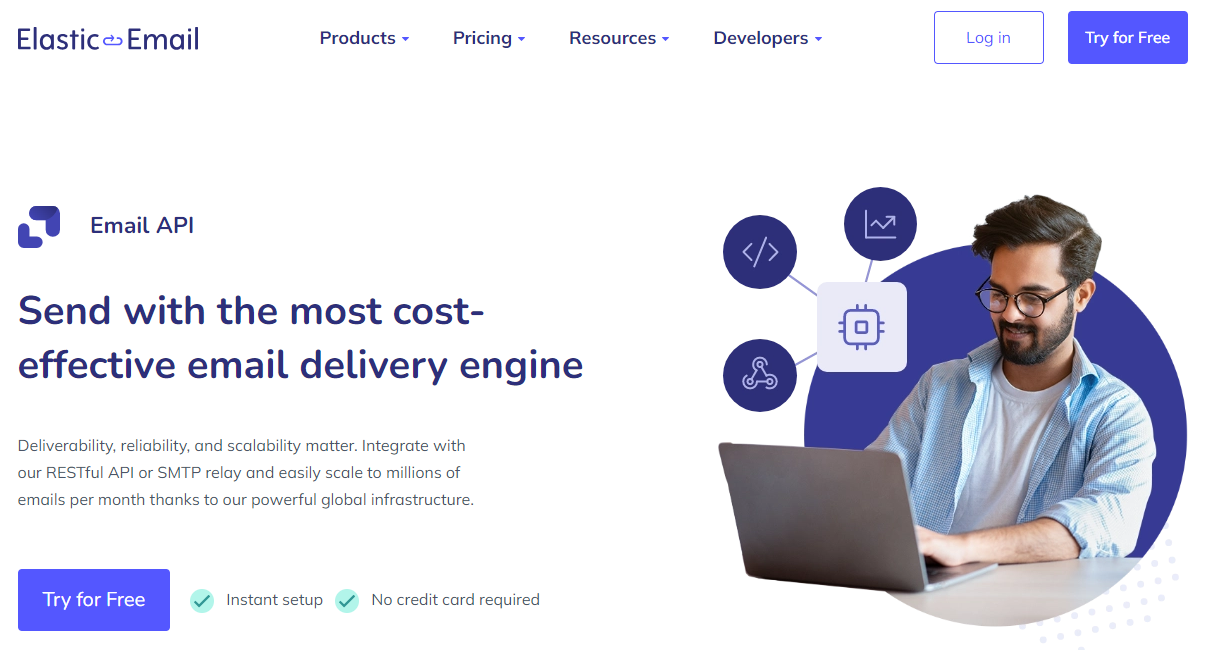
This Polish email service provider offers a combination of email API, SMTP relay, and marketing features at competitive prices.
Pros:
- Responsive customer support
- User-friendly onboarding experience
- Integrated email marketing tools
- Inbound email management
- Affordable pricing for basic features
Cons:
- Some users report deliverability issues with shared IP pools
- Advanced features restricted to higher-priced plans
- Limited free trial functionality
Ideal for: Startups and solo entrepreneurs seeking an easy-to-implement, cost-effective solution.
Pricing: SMTP/API usage between $0.12 and $0.98 per 1000 emails, with separate pricing for marketing features.
Mailchimp Transactional: Integrated Marketing Solution
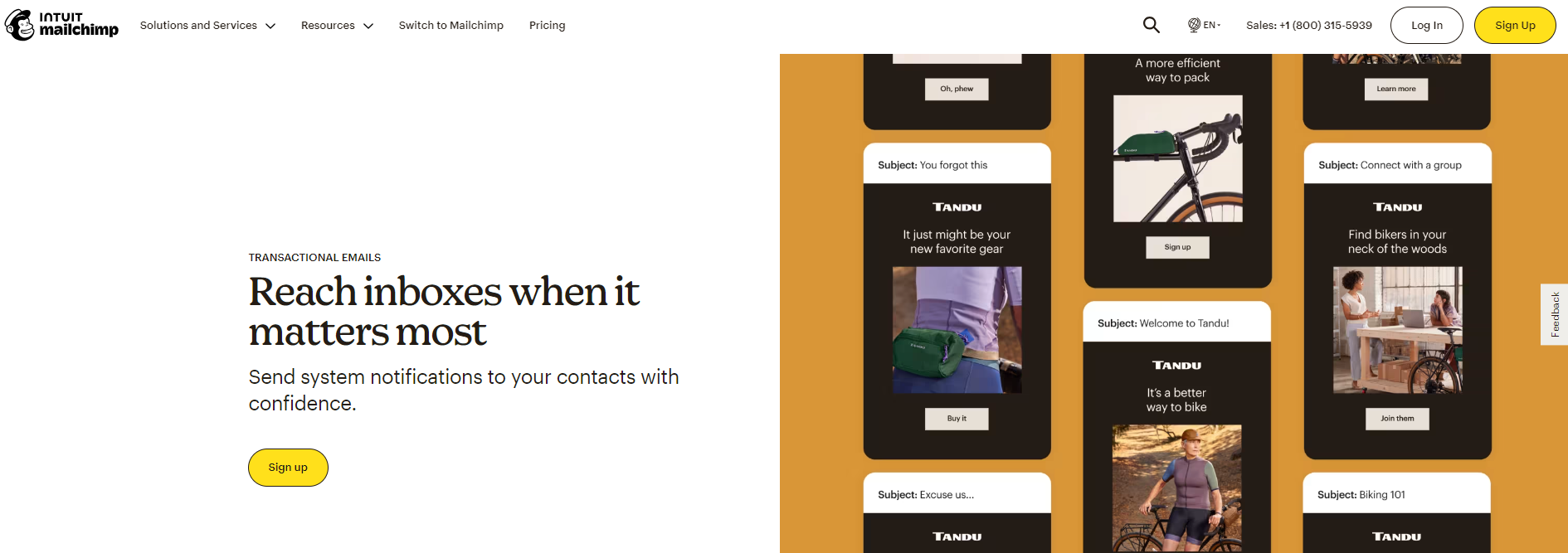
Formerly known as Mandrill, Mailchimp Transactional offers a familiar interface for existing Mailchimp users.
Pros:
- Seamless integration with Mailchimp accounts
- Comprehensive API functionality
- Proven high deliverability rates
- Attractive email templates
- User-friendly interface
Cons:
- Only available to Mailchimp subscribers
- Higher costs compared to standalone services
Ideal for: Businesses already using Mailchimp for email marketing and seeking an integrated transactional email solution.
Pricing: Starting at $0.40 per 1000 emails, plus the cost of a Mailchimp email marketing plan.
Resend: Developer-Centric Newcomer

Gaining traction after its successful Product Hunt launch in 2023, Resend positions itself as a developer-friendly email tool.
Pros:
- Multiple SDKs for various programming languages
- Active and supportive developer community
- Test environment for experimentation
- Competitive pricing structure
Cons:
- Limited pre-built templates or visual email builders
- Restricted data retention on standard plans
Ideal for: Tech-savvy teams comfortable with coding and not requiring extensive historical data.
Pricing: 100 free emails daily; paid plans from $0.24 to $0.40 per 1000 emails.
Brevo: All-in-One Communication Platform

Formerly Sendinblue, Brevo offers a comprehensive suite of communication tools beyond just email.
Pros:
- Holistic approach to customer communication
- Advanced personalization and customization options
- High guaranteed delivery rates via API
- Extensive integration options and documentation
- Long-term data retention and tracking
Cons:
- Feature-rich plans can be costly
- Some users report account issues and support challenges
Ideal for: Businesses seeking an omnichannel solution for diverse customer communication needs.
Pricing: 300 free emails daily; additional emails from $0.55 to $0.75 per 1000.
Mailtrap: Testing and Delivery Combined
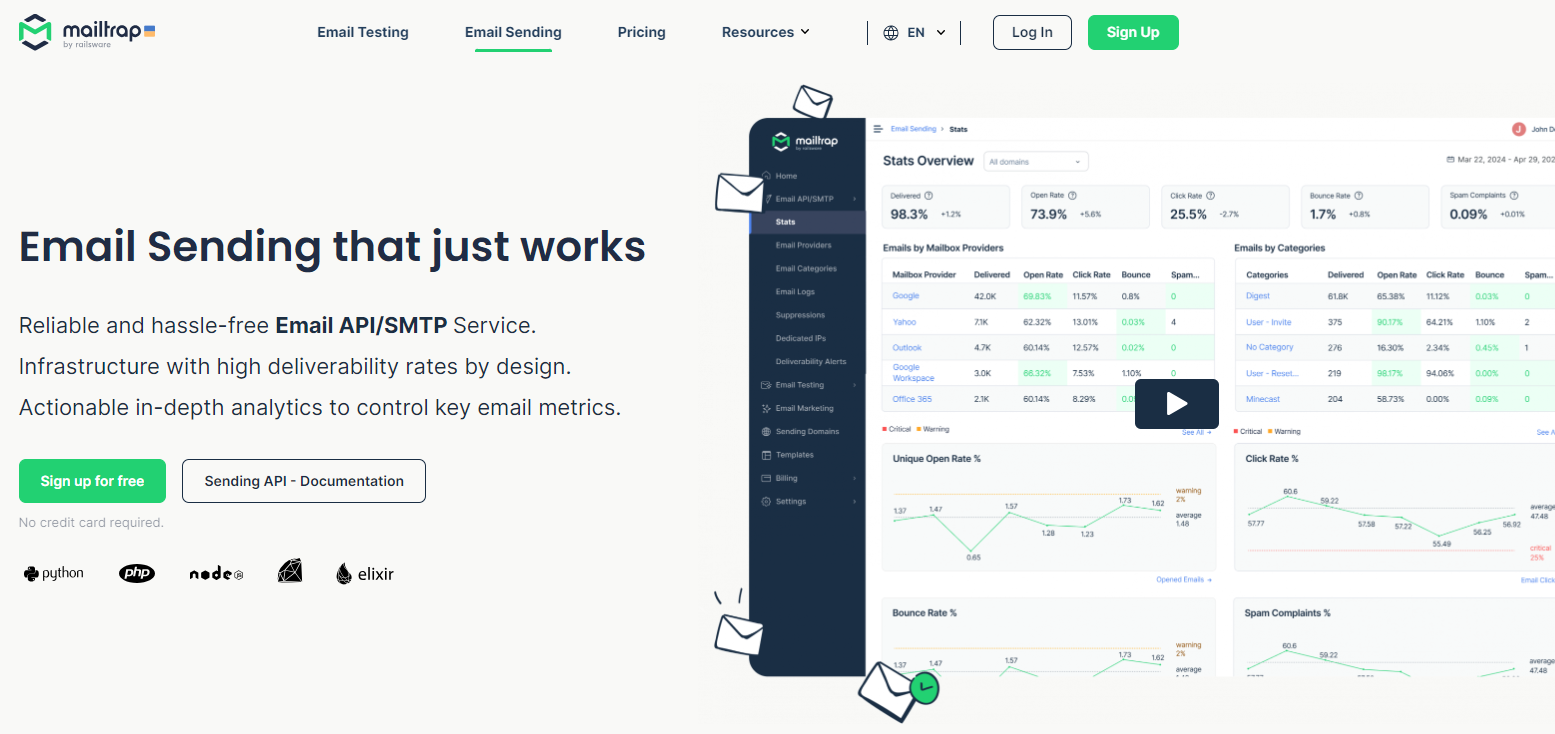
Originally designed for email testing, Mailtrap has evolved into a full-fledged email delivery platform.
Pros:
- Robust testing and debugging capabilities
- Built-in spam checker and HTML validator
- 24/7 customer support
- Enhanced analytics for popular email clients
- Numerous pre-built integrations
Cons:
- Relatively new to email sending, with some limitations
- Short data retention periods on lower-tier plans
Ideal for: Development teams requiring comprehensive email testing alongside delivery capabilities.
Pricing: 1000 free emails monthly; paid plans from $0.50 to $1.50 per 1000 emails.
Bird: Enterprise-Grade Solution

Formerly SparkPost and now part of MessageBird, Bird processes trillions of emails annually, catering to large-scale senders.
Pros:
- Multi-channel support including SMS and WhatsApp
- Advanced inbox placement monitoring
- Real-time traffic optimization
- Impressive sending capacity (500 million emails per hour)
- Proven scalability for enterprise needs
Cons:
- Complex initial setup process
- Pricing structure based on contacts, which may not suit all transactional email use cases
Ideal for: Large enterprises looking to build a comprehensive, omnichannel communication infrastructure.
Pricing: Based on contact volume, ranging from $0.88 to $1.50 per 1000 emails.
Conclusion
The transactional email landscape in 2024 offers a diverse array of solutions to meet varying business needs and budgets. While basic email sending can be accomplished with almost any service, businesses serious about their communication strategy should consider specialized providers. By carefully evaluating factors such as deliverability, scalability, ease of use, and cost, you can select the ideal platform to ensure your critical messages reach your audience effectively and efficiently.
Moreover, when choosing a transactional email solution, consider how it aligns with your overall customer relationship strategy. The research on online booking platforms highlights the importance of maintaining control over your customer base - a principle that applies equally to email communication tools. To create a truly comprehensive communication strategy, consider integrating your transactional email solution with other channels. For instance, cloud contact center platforms like Voximplant Kit can complement your email efforts by providing seamless voice, SMS, and omnichannel communication capabilities.

